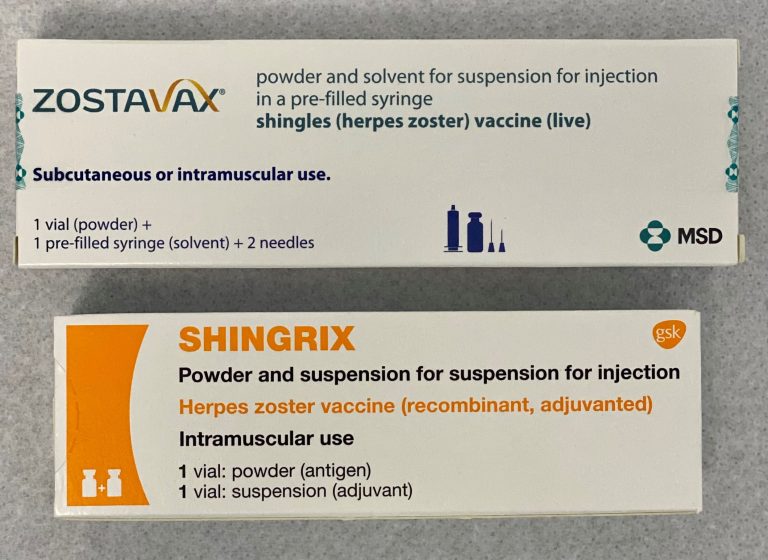In the dynamic realm of healthcare, GSK plc (NYSE: GSK) stands as a formidable titan, commanding a market capitalization of $80.2 billion. As a stalwart in the Drug Manufacturers – General industry, GSK’s extensive portfolio spans vaccines, specialty medicines, and general treatments, offering investors a diversified exposure to the global healthcare sector.
Currently priced at $39.85, GSK’s stock has experienced a modest change of 0.33 (0.01%), with a 52-week range fluctuating between $32.08 and $42.49. This positions the stock towards the upper end of its annual range, indicating a potential consolidation phase before any significant upward movement. The company’s forward P/E ratio of 8.69 suggests a relatively attractive valuation compared to broader market indices, though traditional metrics like trailing P/E and PEG ratios are not available.
Despite a modest revenue growth of 1.30%, GSK showcases robust operational efficiency with an impressive return on equity of 28.33%. This is further complemented by a substantial free cash flow of over $5.47 billion, underscoring its ability to reinvest in research and development or return value to shareholders. Notably, the company offers a compelling dividend yield of 4.13%, supported by a payout ratio of 75.07%, making it an attractive choice for income-focused investors.
Analyst sentiment towards GSK is mixed, with one buy rating, five holds, and two sell recommendations. The stock’s average target price of $41.40 aligns closely with its current price, suggesting a potential upside of 3.89%. However, the target price range extends from $35.50 to $58.00, indicating divergent views on the company’s future performance, possibly reflecting uncertainties in the broader pharmaceutical landscape or competitive pressures.
Technical indicators provide further insights into GSK’s market stance. The 50-day moving average of $39.11 and the 200-day moving average of $37.64 show the stock is currently trading above these benchmarks, which typically signifies positive momentum. However, with the RSI (14) at 36.72, GSK may be nearing oversold territory, hinting at potential buying opportunities for risk-tolerant investors. The MACD indicator at 0.22, juxtaposed with a signal line of 0.37, suggests a cautious watch on momentum shifts.
GSK’s strategic collaborations, such as the partnership with CureVac for mRNA vaccine development, highlight its commitment to innovation and adapting to emerging medical challenges. Such initiatives are crucial for maintaining its competitive edge, especially in high-growth segments like vaccines and specialty medicines.
Founded in 1715 and headquartered in London, GSK’s extensive history is a testament to its resilience and adaptability in a rapidly evolving industry. As it continues to expand its offerings across major markets like the UK and the US, and internationally, the company remains a pivotal player in addressing global health needs.
For individual investors, GSK presents a balanced proposition of growth potential and steady income. While market conditions and regulatory landscapes pose perennial risks, GSK’s diversified product range, strong cash flows, and attractive dividends offer a compelling case for inclusion in a well-rounded investment portfolio. As always, investors should consider their risk tolerance and investment goals when evaluating GSK as a potential addition to their holdings.








































